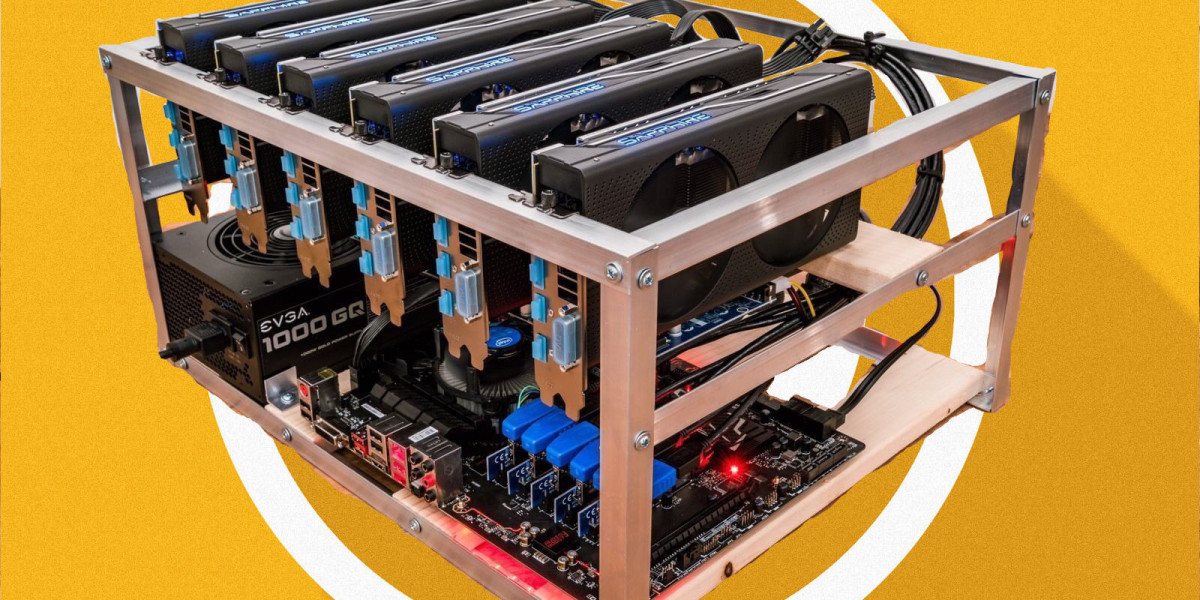Your home’s power plan should be built around safety, not guesswork. Choosing a partner with clear steps and measurable results pays off. The right crew maps roof space, breaker capacity, and shade patterns before any Solar panel work begins. They flag risks early, align on budget, and pick hardware that matches your wiring. This article focuses on risk-first planning so your upgrade sticks. You’ll see how to scope, pick materials, lock a schedule, and document performance under real conditions. We’ll also show what to ask when weather turns rough. Along the way, we’ll note local examples, common trade-offs, and fast checks you can do yourself. By the end, you’ll be ready to speak the same language as your project team.
Scoping the project thoroughly with firm goals and realistic constraints
Good scoping starts with a simple inventory and a 12-month look at bills. In many neighborhoods, homeowners compare bids from solar companies concord solar panel experts in Concord to see who translates needs into watt-hours. Request a one-line diagram and panel schedule. Set target offsets by season and record critical loads like fridges or routers. Decide if battery support is essential now or later.

On the walkthrough, get pictures of rafters and planned conduit paths. Ask them to mark wind-facing roof zones and identify snow-shed paths. A good scoping packet includes tilt angles, azimuth, and module gaps. If the plan skips these basics, you’ll chase change orders later. Clarity now saves days when inspectors arrive.
Selecting durable gear and inputs for local weather and roofs
Hardware should match sun, wind, and salt in your area. Many homeowners lean on solar installers concord www.northvalleysolarpower.com who can show flashing warranties. Ask for stainless fasteners and butyl-backed flashings. Confirm MLPE type and thermal limits for hot summers. Pick UV-rated cable with clean drip loops.
For steep asphalt roofs, low-profile rails reduce lift. Tile installs require flashed standoffs tied to rafters. If you plan a future EV, oversize the home run now. Collect cut sheets for each component and file them with your permit packet. Those sheets speed service when parts age.
Coordinating crew tasks and calendar for steady installation days
Tight schedules hinge on permits cleared and utility forms in hand. Homeowners who work with solar providers concord North Valley Solar energy experts usually see clean staging that keep roof time short. Begin with a morning huddle reviewing safety and assignments. Check ladder ties and fall protection before modules leave the truck. Stage rails and bonding parts by section.
Roof crew should stay on repetitive tasks while a lead handles penetrations. Ground team builds the inverter wall and labels conductors. Schedule inspections with hour windows to avoid idle teams. Prepare tarps and a quick pause plan for storms. Small choices like pre-terminated leads trim hours.
Verifying quality, managing risk, and proving performance under stress
Quality control starts with tightening records and photo proof of every roof breach. Crews from solar installation companies concord check This Out should deliver thermal checks at noon and at sunset to catch weak crimps. Request IV curves from a few strings and compare to STC with temperature-corrected math. Bonding checks need continuity across rails. If numbers drift, fix before the inspector arrives.
Once live, observe voltage during sharp cloud edges. Review logs for trips when grid voltage rises. Use outdoor-rated labels with QR codes to docs. Run a hose test on flashing rows if you can. This routine blocks leaks and costly callbacks.
Budget decisions, trade-offs, and smart savings over the system life
Money goes farthest when you phase upgrades without rework. Many families compare bids from solar companies before learning which line items drive value; in some markets, shoppers also review solar companies concord alternatives, yet the clear differentiator is workmanship under stress Concord energy efficiency solutions so focus your budget on rails, flashing, and terminations. Spend on roof interface parts and save on vanity hardware. Stay with stock finishes unless rules force changes. Pick proven inverters with broad support.
Planning storage later? Add a backup subpanel now. It reduces electrician hours when you expand. Ask for warranty lines that spell out labor. Clear scope keeps the budget in line. Small planning choices compound into big savings.
Consider maintenance costs in your total. Annual checks and quick cleanings keep output steady. A little room in the budget for service visits helps. This cushion avoids peak-season delays. Plan now to skip expensive scrambles.
Ask for a post-install training walk. Learn how to read the app and inverter lights. Set alerts for unusual production dips. These habits protect your return for years. Simple tracking outperforms guesswork.
Meeting codes, utility rules, and keeping inspection-ready year-round
Compliance isn’t mystery; it’s repeatable steps tied to your local AHJ. Teams that coordinate permit notes with fire set-backs and roof access move faster through sign-off. Many cities want clear labels, conductor sizes on plans, and RSD callouts at the roof edge. Your crew should verify working clearances and busbar limits before scheduling inspection. Clean sites and crisp labels earn goodwill.
Utility interconnection adds its own rules. You’ll need meter numbers, nameplate totals, and sometimes a cutover appointment with a utility tech. Most teams submit diagrams that match the field build, then upload photos and sign affidavits. Matching paperwork speeds approval. If anything changes mid-job, update the files that day.
In the end, a risk-first mindset ties every piece together—from scope and materials to schedule, testing, and compliance. Choosing teams that document and verify at each step pays back for decades. You’ll spend smarter, glide through approvals, and avoid costly rework and service calls. That approach upgrades your home’s power with confidence.








